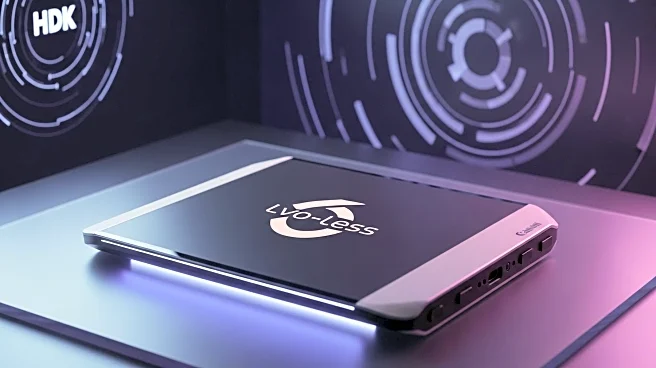What's Happening?
OpenAI's newly released Sora 2 video generation app is facing criticism for using copyrighted material from companies like Nintendo, Sega, and Microsoft without permission. The app, designed to rival platforms like TikTok, generates videos using AI trained on existing footage, leading to widespread use of intellectual property from popular franchises. Social media is flooded with videos featuring characters like Mario and Sonic, raising concerns about potential legal action from IP owners. OpenAI's 'opt-out' policy requires IP owners to request removal of their content from the app's training database.
Why It's Important?
The situation underscores the ongoing debate over the ethical use of AI in content creation, particularly regarding intellectual property rights. The potential legal challenges could impact OpenAI's operations and set precedents for how AI-generated content is regulated. This issue is significant for the tech industry, as it navigates the balance between innovation and respecting existing copyrights. Companies like Nintendo, known for their strict IP enforcement, may take legal action, influencing future AI development and usage policies.
What's Next?
Legal action from Nintendo and other IP owners is a possibility, which could lead to changes in OpenAI's policies and practices. The tech industry may see increased scrutiny and regulation regarding AI-generated content, prompting companies to adopt more stringent measures to protect intellectual property. The outcome of any legal proceedings could shape the future of AI in content creation, affecting developers, creators, and consumers.
Beyond the Headlines
The controversy highlights broader ethical and legal challenges in the AI field, where the use of copyrighted material without consent raises questions about ownership and creativity. This situation may prompt discussions on developing new frameworks for AI content creation, balancing innovation with respect for intellectual property rights.









